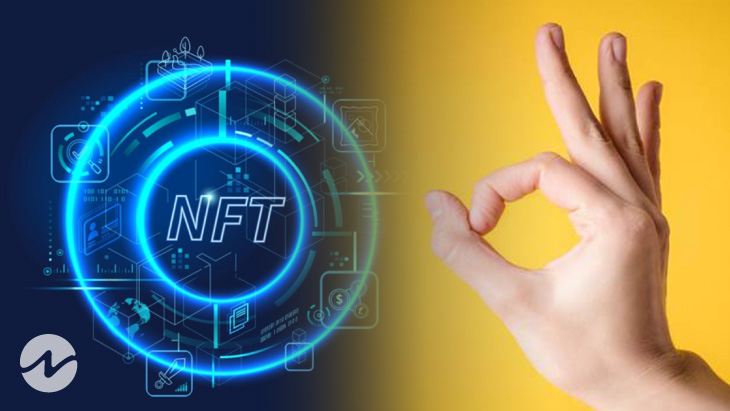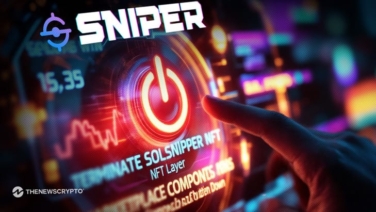- CryptoSlam reports that collection sales had risen by 95.6 percent in the last 24 hours.
- NFT trading is still allowed in China, despite the country’s lack of clear regulations.
Recently, news about BAYC and its native currency has regularly found its way into the crypto and NFT headlines. For example, despite the affluent list possessing more than half of Apecoin’s supply, the currency has defied the general market trend in recent days.
Additionally, Yuga Labs, the developer of the Bored Ape Yacht Club NFT collection, revealed the date of its ‘Otherside’ metaverse debut recently. Chinese sportswear manufacturer Li Ning has just announced that it will be creating a clothing collection using pictures of BAYC #4102 as part of its attempt to capitalize on the rising popularity of non-fungible tokens (NFTs).
Rise and Popularity of NFTs
Weibo, China’s Twitter-like microblogging site, said Sunday that the firm would sell T-shirts and hats with the BAYC logo. The Hong Kong Stock Exchange just received a report on the situation. In the first quarter of this year, retail sales climbed by almost 30 percent year-over-year.
This year, Anta, a Chinese sportswear company, became an official sponsor of the Beijing 2022 Winter Olympics. The firm created a series of digital collectibles based on the national sports team. NFT trading is still allowed in China, despite the country’s lack of clear regulations. State-run media advise against hype and exaggeration, saying they might undermine the market’s growth.
Earlier this month, China’s banking and securities lobby asked its members to “resolutely halt” the “financialization and securitization” wave of NFTs. However, over the previous 24 hours, the BAYC landscape has seen solid development. CryptoSlam reports that collection sales had risen by 95.6 percent in the last 24 hours. In addition, active wallets increased in size by 42.3%. Consequently, the collection’s floor price went up by over 7%. Currently, buyers must pay at least 139 ETH to possess a token from this collection of digital goods.







